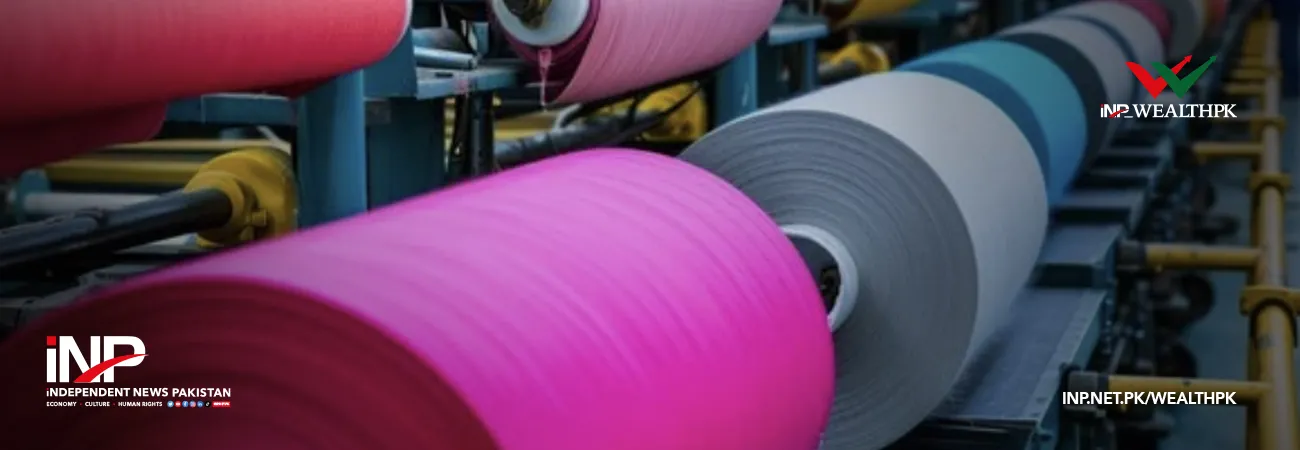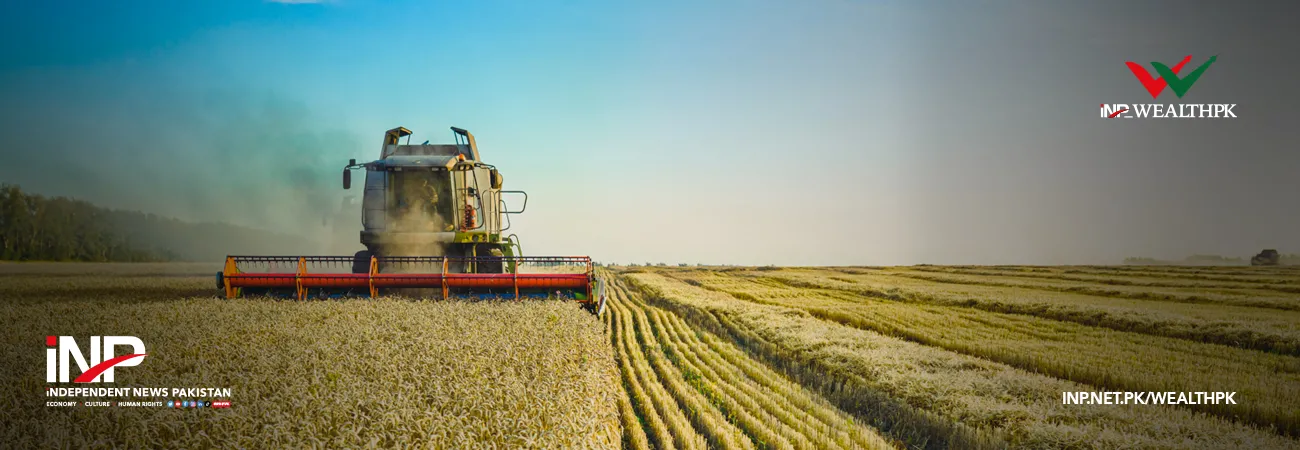INP-WealthPk
Arooj Zulfiqar
As Pakistan grapples with an escalating water crisis, the use of Geographic Information Systems (GIS) and Remote Sensing (RS) are vital in ensuring efficient water resource management, reports WealthPK.

“With the country's per capita water availability dropping to alarming levels, the adoption of these advanced technologies is viewed as a necessity rather than a choice,” said Saiqa Imran, a deputy director at Pakistan Council of Research in Water Reservoirs (PCRWR). Talking to WealthPK, she said, “GIS and RS provide data-driven insights to analyse climate change patterns and their effects on irrigation, drainage, flooding, and drinking water. These technologies are indispensable for sustainable water resource management in Pakistan,” she stated. Saiqa stressed, “Pakistan’s reliance on conventional irrigation techniques is unsustainable. Modernising this sector with GIS and RS technologies can help reduce water losses, optimise resource allocation, and boost agricultural productivity.”
“GIS enables policymakers to visualise and analyse spatial data related to water distribution and consumption. Remote Sensing, on the other hand, uses satellite imagery and aerial data to monitor changes in water resources, predict droughts, and assess flood risks,” she said. “These technologies can identify water-stressed regions, highlight inefficiencies in irrigation networks, and monitor the impact of climatic shifts on water availability,” she said. GIS and RS could be integrated into national water management policies to ensure targeted interventions and resource optimization, she added. The PCRWR deputy director called for adopting GIS and RS as core components of a revamped water management strategy. “Regulatory frameworks, water licensing, and integrated water resource management are essential steps.
Additionally, encouraging farmers to shift to efficient irrigation methods like drip or sprinkler systems will significantly reduce wastage,” she noted. Saiqa also called for promoting wastewater recycling, leveraging private-sector participation, and implementing optimal water pricing mechanisms. “These measures, combined with GIS and RS, could help Pakistan conserve its limited water resources for future generations.” Pakistan’s water resources have fallen below the critical threshold of 1,000 cubic meters per capita, marking the country as water-stressed. Nearly 60% of water allocated for agriculture is estimated to be lost due to outdated canal systems and on-field wastage. With the world’s average water storage capacity at 40%, Pakistan lags far behind, conserving only 10% of its annual river flows.
Credit: INP-WealthPk













